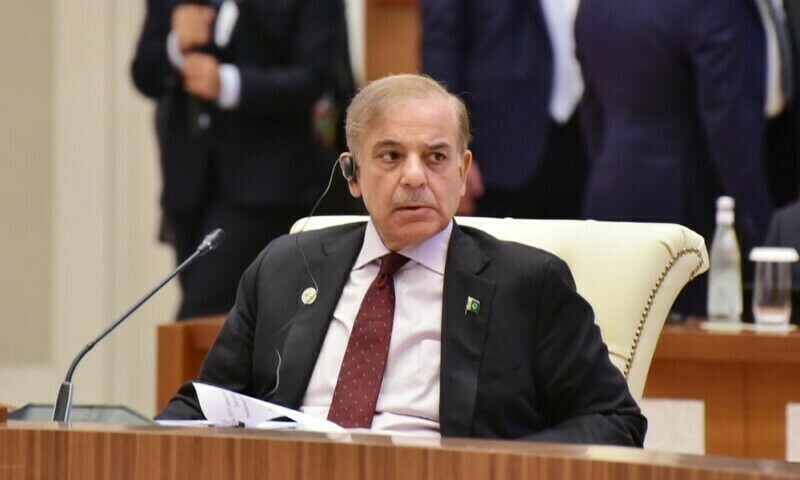Climate Action
Prime Minister Shehbaz Sharif emphasized the urgent need for climate financing, highlighting that developing countries require an estimated $6.8 trillion by 2030 to implement their Nationally Determined Contributions (NDCs).
Speaking at a Climate Finance Round Table Conference in Baku, Azerbaijan, on the sidelines of the World Leaders Climate Action Summit (COP29), the Prime Minister stressed that this amount is necessary to address less than half of the NDCs of developing nations.
He urged donor countries to honor their climate financing pledges, which should amount to 4.7% of their gross national product (GNP), and to make better use of available climate funds.
One of the most significant pledges is the $100 billion annual climate finance commitment made a decade ago at COP15. However, according to the Organization for Economic Co-operation and Development (OECD), this pledge has only been partially met, reaching just $160 billion.
The Prime Minister strongly criticized the reliance on debt as a means of climate financing, calling for a shift away from loans that contribute to the growing debt burdens of developing nations.
He explained that debt has become the “new normal” in climate financing, leading countries into what he described as “mounting debt traps,” which exacerbate their financial difficulties.
Pakistan, in particular, has felt the negative effects of this system, and PM Shehbaz urged for a redefinition of the global climate finance framework to support vulnerable nations more effectively.
He also reflected on Pakistan’s recent climate-related challenges, mentioning the devastating floods of 2022 that submerged one-third of the country, causing widespread destruction and resulting in significant human and economic losses.
The floods, which affected over 33 million people, were exacerbated by climate change, and Pakistan had to redirect all its development and climate funds to humanitarian relief efforts.
The Prime Minister also interacted with various world leaders during the summit. He met with Azerbaijan President Ilham Aliyev, UN Secretary General Antonio Guterres, and leaders from countries such as the UAE, Turkey, the UK, and Central Asia.
In these discussions, PM Shehbaz focused on topics like international cooperation on climate change, water resource protection, and the conservation of glaciers.
These exchanges underscored Pakistan’s commitment to tackling climate change and fostering global cooperation in addressing environmental challenges.










